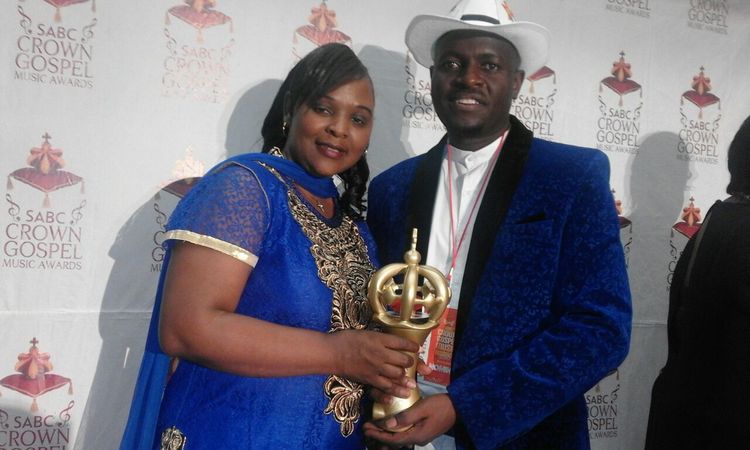Revisiting conference of African culture

 At the Gallery
At the Gallery
The first ever International Congress of African Culture (ICAC) that took place at the National Gallery in 1962 established the Gallery in the eyes of the international community as a centre for the advancement of African studies, and the promotion of the arts of Africa. It was the first forum in which the arts of Africa were discussed by Africans in Africa. This successful international forum brought together international art professionals with an interest in Africa and African Art.
The inaugural show comprised several elements and had more than 70 delegates who included Museum professionals and directors, artists, poets, writers, critics and other scholars from around the world.
The first ICAC opened up important debates about Africa’s underplayed contribution to the global art world as well as the sophistication and holistic nature of the continents visual culture.
The conference aimed at showing in the midst of Africa, the greatness of African culture in the arts and music and demonstrating the influence of African art and music on 20th Century culture.
The first National Gallery Director Frank McEwen was behind putting together this global event.
In the same spirit, through the visionary leadership of the first female Executive Director Mrs Doreen Sibanda, the National Gallery of Zimbabwe is set to host the second ICAC which will once again bring international art professionals to take stock of the developments that have taken place over the last sixty years and to re-imagine the future.
2017 will mark the 60th anniversary of the National Gallery, a year of celebrating looking and looking forward. Like the first ICAC this event will be important not only for the region, but for the continent of Africa as a whole.
Its impact will hopefully map out the ways in which institutions, governments, academics and practitioners can be more effectively involved within art and culture from Africa.
The conference set to take place from the 13th to the 17th of September 2017 will be running under the theme Mapping the Changes.
The conference seeks to map the changes that have occurred in the art and culture industry since 1962.
Moreover, the second ICAC will offer an opportunity to fully examine some burning questions such as : What is the current state of art institutions globally?, Why is it that many forums/conferences about African art on the African continent are taking place outside the African continent? ICAC sixty years later wants to bring these discussions to the African continent.
The conference will feature presentations and discussions of a number of African Art related topics such as Art From Africa Today, Audience Development For African Institutions, Collecting in Africa/ Collecting Africa, The Business of Art and Heritage The Business of Art and Heritage.
Another element of the conference is that of our Heritage and ICAC 2017 will feature a visit to the Great Zimbabwe which is one of the greatest symbols of African Civilisation.
This is very significant because the Great Zimbabwe is the greatest civilisation in the region and a walk about would stimulate interesting discussions.
It is believed that climate change has had an effect on Great Zimbabwe, therefore the title “Climate change and Heritage Monuments” will be explored.
The whole aim of the exhibition will be to turn the European perspective into African perspective and to acknowledge the historical contributions African societies have given to global arts and culture. There is need for us to reclaim our heritage re-claim our heritage.
The third element of the conference is an exhibition programme set to run alongside the congress.
The exhibition programme will showcase distinguished artists, both living and late from all over the continent. It will highlight pivotal Africa narratives while exploring Africa and Western meeting points against a background of contemporary concerns.
The fourth element is the staging of inaugural art week/fair designed to offer the mushrooming art spaces of Harare an opportunity to celebrate with us and showcase their work.
This will promote Zimbabwe’s most contemporary and cutting edge galleries, collectives, craft centres and art related organisations under one roof.
ICAC 1962 as a discursive platform was decades ahead of its time.
The initial congress looked at a number of issues that included: language, literature and drama, media, visual arts, music, dance, religion, philosophy, archives, identity, cultural diversity, contemporary cultural issues, African diaspora, and the role of women among other issues. A full-scale African art show coincided with the conference and consisted of objects from different parts of Africa and the Western Museums that had collected before.
The ICAC was an event that inspired festivals and conferences on black and African culture in other parts of the world.
It inspired events such as the First World Festival of Negro Arts (Dakar) 1966, The First Triennial Symposium of African Art held in Hampton, (Virginia) 1968, the Second World Festival of Black Arts and African Culture (Lagos) 1977.
In the 1980s major conferences that were held include the Art Toward Social Development: Culture and Resistance which was held in (Gabarone) the Diversity and Interaction Conference (Durban) 1985. In the 90s, The Dak’Art biennale (Dakar) 1990, the Visual Arts Encounter: African Americans and many others.
The second International Conference of African Art and Culture is an opportunity not to miss as it will provide us as global players with an opportunity to interrogate the future of art institutions in the face of the current economic challenges.
Today the situation has changed and the challenges that were there in the sixties, seventies and eighties are not the same as challenges being faced today. Fifty-five years later ICAC comes at a time when art institutions around the world need urgent attention from both the local authorities, corporations and their governments.









Comments